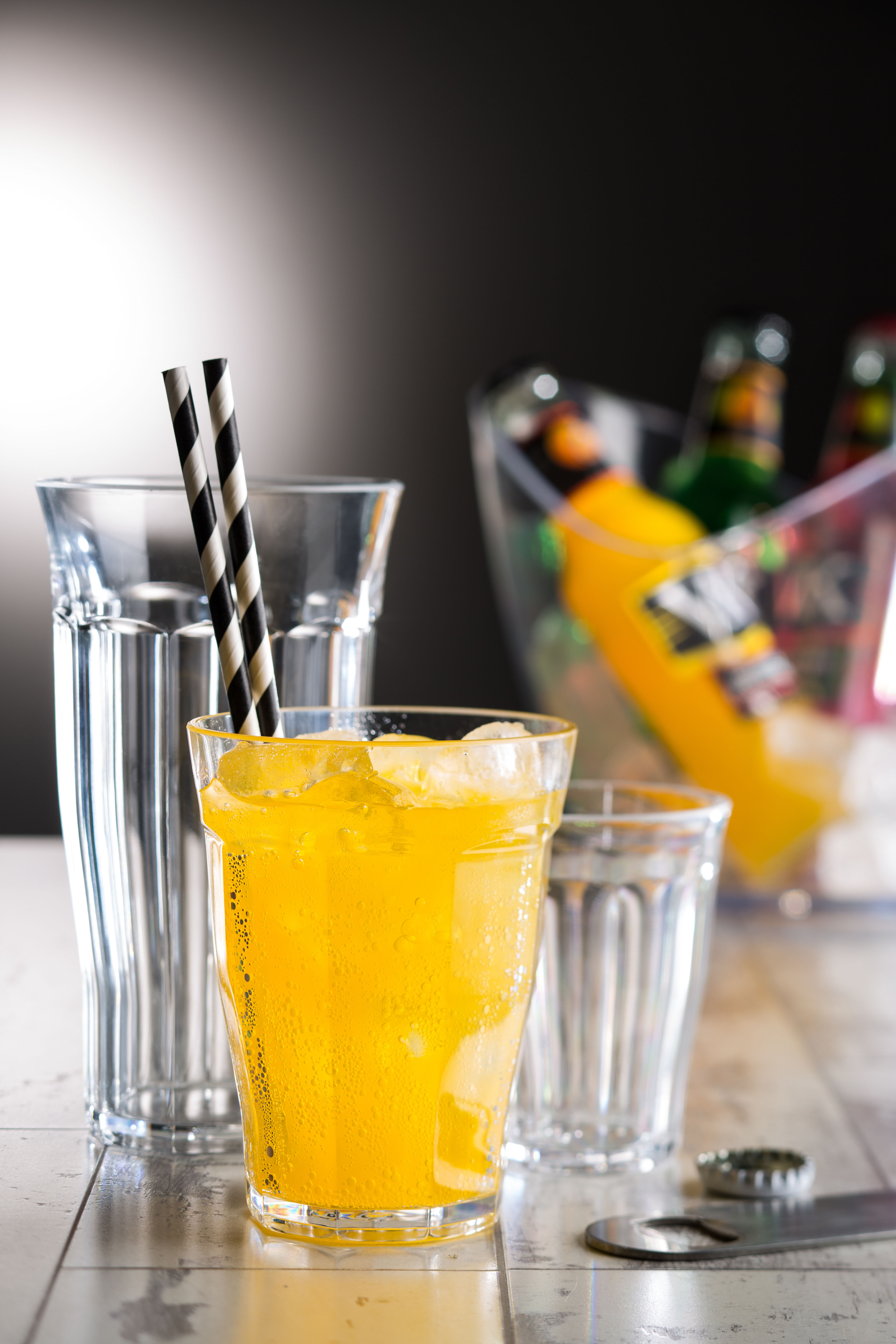Comments can be attributed to Rob Blunderfield, Parsley in Time’s marketing manager.
You’ve read all about it. Sure you have. Plastic has taken over. It’s blighting our seas, killing our wildlife and devastating whole eco-systems. One strand of the plastic landscape that has become synonymous with this pollution is straws – with a gobsmacking 550 million single-use suckers thrown away by the US and UK on a daily basis. The harmless, youthful descendants of our modern day straws were of course made from straw (hence the name), so just why, when and how did their construction change to plastic – adding a large contribution to the world’s unsustainable pollution problems – and what can be done about it before it’s too late?
Well, way back in the beginning rye grass was the primary construction material used, but after getting wet and being sucked this soft straw would have a tendency to fall apart. This provoked one frustrated but innovative drinker in the 1880s to wrap thin pieces of paper around a pencil, gluing these strips in place, creating a much studier straw. This version ruled the roost into the 1960s and 70s, before eventually being displaced by the polypropylene plastic straw. This straw gave manufacturers the opportunity to offer more customer choice when it came to colours and shapes, and improved durability for drinkers. But it remained very much a single-use product and the embodiment of plastic pollution.
Thankfully, the problem is starting to be tackled. I’m proud to say that we are one of the primary stockists of paper straws for a collection of London’s restaurants and bars who have banned plastic straws from their drinks. We are also firm supporters of the schemes that are gallantly spreading the word about plastic pollution, and managing to make a difference.
We have come to discover, however, that it’s not a black and white situation. It’s not just as straight forward as saying all plastic is the problem – biodegradable and reusable plastic is out there, it just needs to be appropriated as an alternative to the traditional resource. Despite being constructed from substances such as starches, plant oils and fruit peel, the environmentally-friendly plastic straws are equally as durable as the nasty plastic ones, yet can take as little as 12 weeks to decompose.
As a distributor we feel that it’s vital to consider this option, and have vowed to stop selling single-use plastic straws this year, offering the greener product to the people that still demand plastic. We aim to get these sustainable suckers on our shelves quicker than you can say ‘Strawless in Seattle’, and are sure they’ll be flying off almost as speedily!
Yes, in the small picture, we are just one distributor, and our decision is only scratching the surface of the monstrous problem. However, keep in mind the bigger picture. If all catering equipment companies take on the same ethos – resulting in establishments, and potentially whole regions or countries no longer offering single-use plastic straws – then the result will be meaningful and wide-reaching. Our aim is to save the world one straw at a time, it seems to be the most manageable way to do it.

